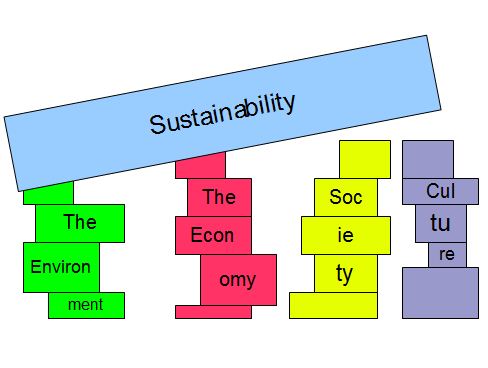Fall Lecture Series Recap: Don’t Police My Plate – Race, Gender, and the Politics of Eating the “Right Foods”
Throughout the year, the BU Gastronomy blog will feature occasional posts from special guest writers including current students, recent alumni, professors, and more. The following Guest Post is brought to you by Gastronomy student Alex Cheser.
As the clock neared the hour, the lecture hall quickly became standing room only as Gastronomy graduate students, faculty, and other members of the Boston University community gathered to hear Dr. Psyche Williams-Forson deliver her lecture “Don’t Police My Plate: Race, Gender, and the Politics of Eating the ‘Right Foods’” in conjunction with this semester’s Food and Gender course taught by Dr. Carole Counihan. This conjunction comes as no surprise as both Williams-Forson and Counihan have worked together on previous works such as co-editing Taking Food Public: Redefining Foodways in a Changing World and consider each other friends within the field of food studies.

Dr. Williams-Forson, an Associate Professor of American Studies at the University of Maryland, has published multiple works analyzing the connection between race, women’s studies, power, material culture, and, of course, food with her most notable publication being Building Houses Out of Chicken Legs: Black Women, Food, and Power. This lecture contained work from a forthcoming publication tentatively titled Don’t Yuck My Yum.

Opening with several quotes from interviews with female students from various racial and cultural backgrounds, Williams-Forson quickly brought to light the negative emotional and cultural effects that stem from food policing or being told what to eat. While not discrediting their work and viewpoints, Williams-Forson established the sway of “white men telling us what to eat” and the all-encompassing dominance of the rhetoric of heralded writers such as Pollan, Berry, and others. She acknowledged that grappling with the industrial food complex is a worthwhile effort, but insisted that it is an effort that is unfortunately beyond the reaches of a large segment of the American population who still need to eat at the end of the day.

Wal*Mart, Target, Dollar General, and even the Dollar Tree serve as examples of vital providers of food in food deserts across the country. In this market model, people rely on Tyson chicken, canned vegetables, and other food products and goods that the “food elite” regularly demonize. This food elite creates the policing of ingredients and dishes that do not fit into its own management of identity and promotion of values, which clearly contain implications of differing racial and class politics. Williams-Forson proposes an amendment of a fourth pillar to the typical three pillars of sustainability surrounding food: social, economic, environmental. This fourth pillar is the sustainability of cultural vitality as outlined by UNESCO. This recognition of cultural vitality would prevent the dichotomous sorting of food choices by recognizing the strength of cultural heritage across races, cultures, classes, and genders and thus help eliminate the policing of plates and shaming of cultural foods and practices that minorities often feel.

When confronted with questions about health and food-related problems such as obesity and diabetes, Williams-Forson maintained that this information could certainly be provided to those who request it but that the creation of a prescriptive model of nutrition, however tempting, continues this act of policing that only degrades people’s understanding of food and prevents real change. If people want to eat poorly, they have every right to do so according Williams-Forson. She encouraged an expansion of the medical model to include cultural study and consideration for better solutions to bridge the gap between food elitism and the everyday food access and practices of people in our country.
Are you a current student or a recent alum with a food-filled story to share? Pitch your idea to gastronomyatbu@gmail.com and get published on the BU Gastronomy blog!
